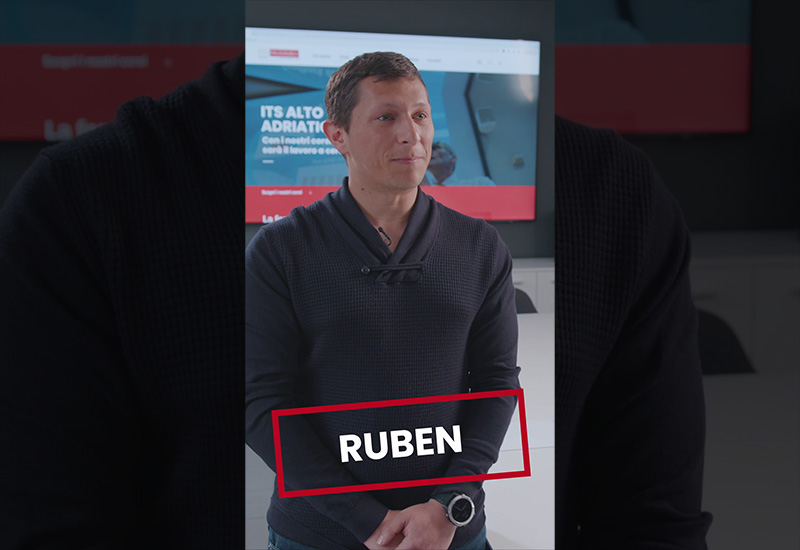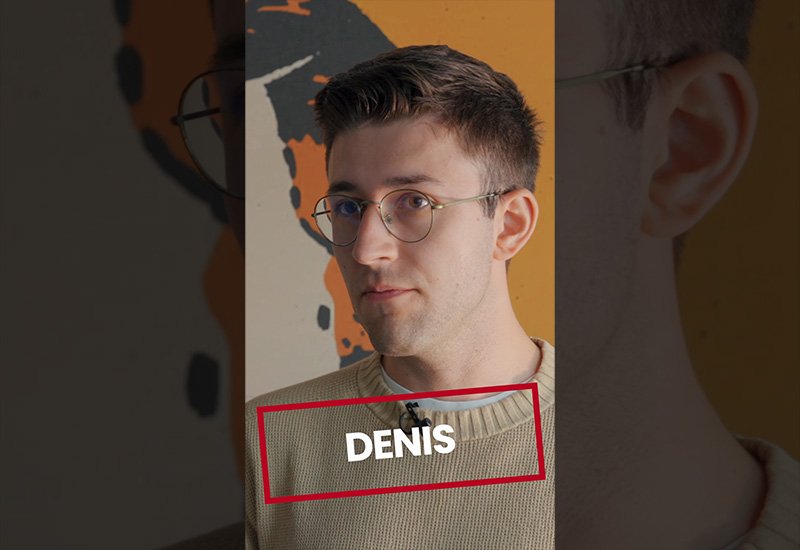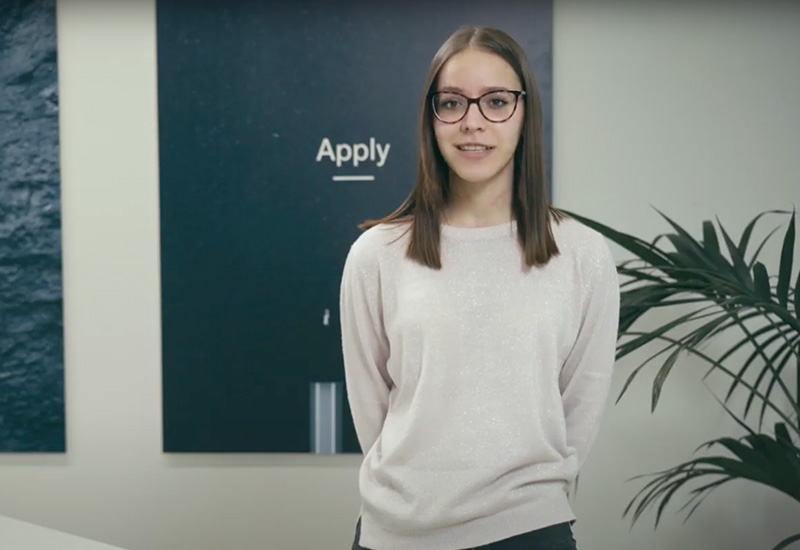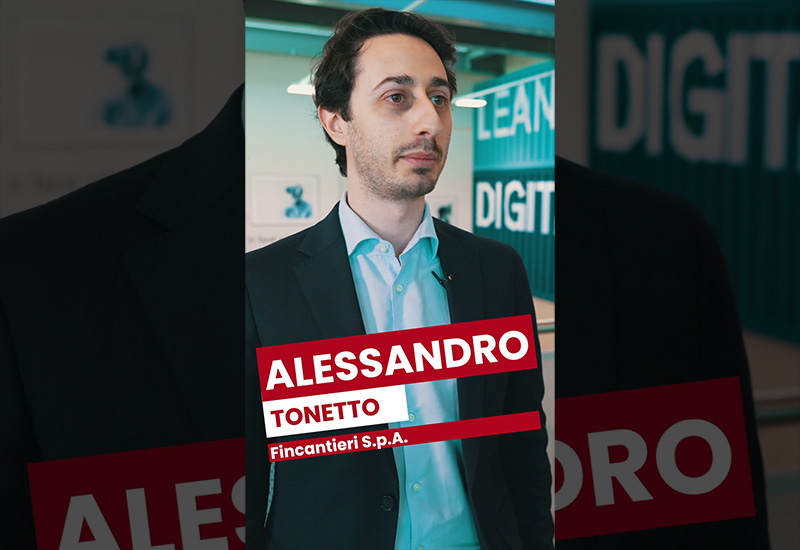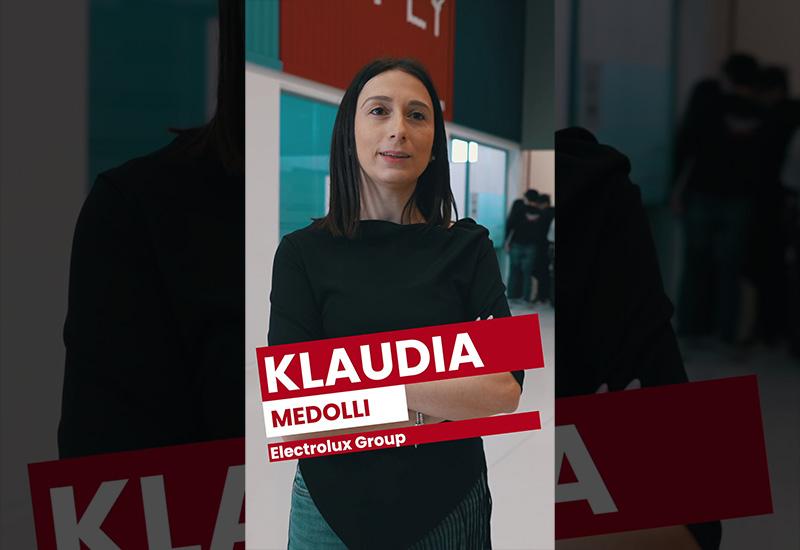Description
Who is the Digital Transition Architect?
The Director of the Future. With his camera zooms towards the digital transition. Using the state of the art of information technologies (Industrial IoT, edge and cloud computing, robotics, RPA, Artificial Intelligence…) implements ICT solutions to combine physical and virtual world and improve business processes.
Professional Profile
The Digital Transition Architect designs, implements, and manages advanced digital solutions for Industry 4.0, integrating skills in Industrial Internet of Things (IIoT), Artificial Intelligence, Cloud and Edge Computing, Robotics, and Data Management. They are capable of leading digital transformation processes, optimizing production, and contributing to technological innovation in companies.
How to Prepare for the Selection Process:
– Practice logic and problem-solving: try online quizzes with multiple-choice questions.
– Review technical English, especially reading comprehension (B1/B2 level required).
– Learn about the chosen course: the technical test assesses basic knowledge in the field (energy, agro, or digital).
– Prepare for the motivational interview: reflect on your reasons for choosing this path, your interests, and future goals.
Courses are activated subject to approval by the FVG Region
How to Prepare for the Selection Process
- Practice logic and problem-solving: try online quizzes with multiple-choice questions.
- Review technical English, especially reading comprehension (B1/B2 level required).
- Learn about the chosen course: the technical test assesses basic knowledge in the field (energy, agro, or digital).
- Prepare for the motivational interview: reflect on your reasons for choosing this path, your interests, and future goals.
Activities
– Analyzing and digitizing industrial processes
– Designing IIoT architectures and cyber-physical systems
– Developing AI-based solutions for production optimization
– Integrating cloud, edge, and sensor technologies
– Managing digital transition and innovation projects
– Monitoring and predictive maintenance using intelligent systems
– Working in Agile teams throughout the software project lifecycle
Technologies and Tools
– Coding: C#, .NET, Python
– Databases: Postgres/MSSQL, NoSQL DBs, Time Series DBs
– Web Development: HTML5, CSS, JavaScript, Node.js
– IIoT Protocols: MQTT, AMQP, CoAP
– Industrial Standards and Automation: PLC, OPC, I2C, SPI, Modbus, sensors, microcontrollers, collaborative robotic systems, Raspberry Pi, Node-Red, cybersecurity, simulation, and digital twins
– Cloud Architectures: AWS, Azure; Edge and Fog Computing
– Machine Learning Algorithms, AI Explainability
– Project Management: Git, Agile (Kanban, Scrum), Trello, Google Suite
Career Opportunities
– Manufacturing companies (automotive, mechanics, electronics, packaging, etc.)
– Industrial automation and robotics companies
– System integrators and software houses
– Utilities and tech service companies
– Innovative startups and applied research centers
Career paths may evolve into:
– IIoT Specialist
– Industrial Data Analyst
– AI Application Developer
– Smart Manufacturing System Integrator
– Intelligent Automation and Robotics Technician
